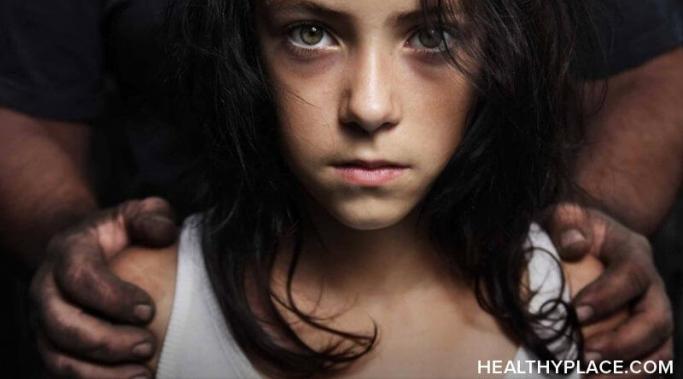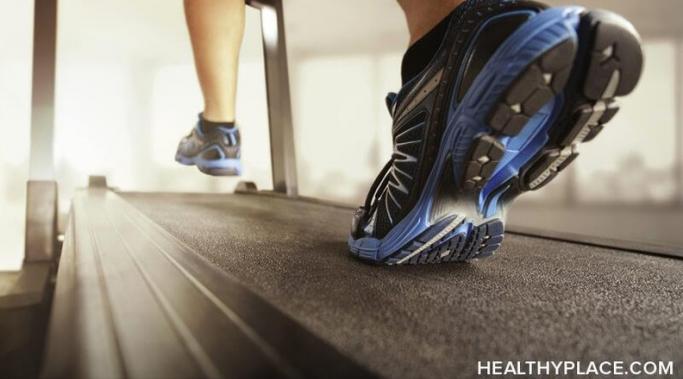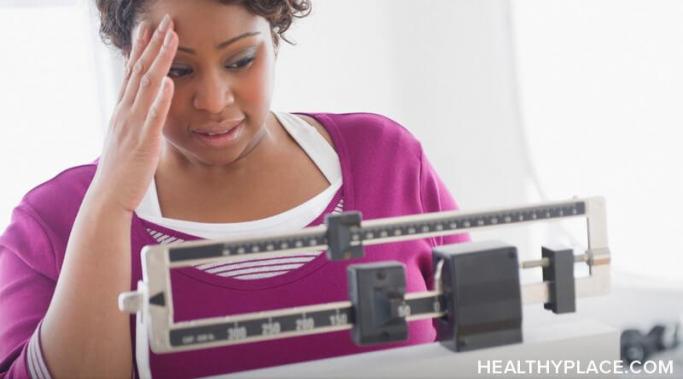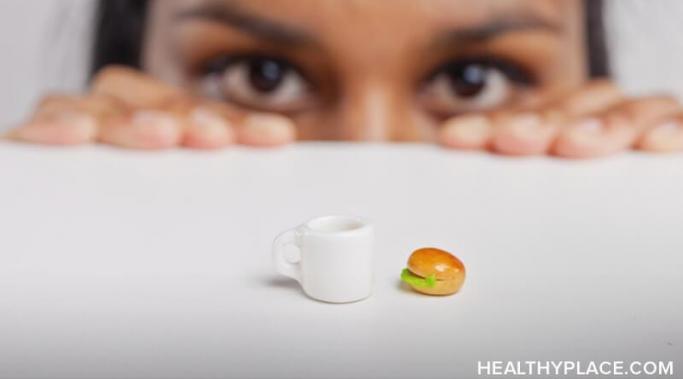While it has been proven that anyone—no matter their life circumstances—can suffer from an eating disorder, some people who experience acute trauma could be more vulnerable to this illness than others. So, I think it's important to raise awareness for the prevalence of eating disorders in human trafficking victims.
Surviving ED
Exercise can be a great tool to help you through eating disorder recovery, but my experience has shown me the thin, blurry line between healthy exercise and over-exercise in eating disorder recovery. In recent weeks, the COVID-19 pandemic and my mental health fall-out has revealed just how much of my self-worth has been wrapped up in my workouts. It was a sobering realization and one I vowed to change.
Celebrating your birthday in eating disorder recovery can be challenging. So many celebrations in life are riddled with expectations, and for those of us in any sort of recovery, the weight of these expectations can feel crippling.
Lately, it seems like my social media feeds are overrun with weight-related memes about how many pounds have been gained in self-quarantine; but, it's worth noting for the record that all those weight-related memes are not funny to everyone. As someone who is on a lifelong mission to recover from my eating disorder—and continues to face body image distortions—I know firsthand just how toxic these weight-related memes can be. While I understand the vast majority of posts are meant to be humorous and lighthearted, I cannot overlook the harmful effect such messages could have on those who already fixate on their bodies. So it's important to remember, those weight-related memes are not funny to everyone.
The term "social distancing" has become part of our culture's mainstream lexicon over the past few months, but for the sake of those in eating disorder (ED) recovery (or any mental health issue, for that matter), can we please not call it social distancing anymore? The idea of creating barriers socially between ourselves and other people can exacerbate the sense of isolation or disconnection that many individuals who battle eating disorders are already too familiar with. In fact, experts within the field of public health agree the phrase is harmful and advocate that it be known as "physical distancing" instead.
No one wants a mental health emergency at any time, but having a mental health emergency during the COVID-19 pandemic showed me how neither I nor the emergency room hospital staff was prepared to deal with a mental health crisis in this unsettling--and downright terrifying--time.
How can we prioritize eating disorder recovery in the midst of COVID-19? Social distancing is the newest buzzword of our culture, and #FlattenTheCurve is our latest hashtag as we all stumble through this unprecedented reality of the coronavirus, so I will be honest—it's an inconvenient, anxiety-inducing time to have a complicated history with food and exercise. But despite the shifts in my routine or the lack of control and normalcy, I choose to still prioritize my eating disorder recovery in the midst of COVID-19.
While eating disorder recovery is more difficult under stress, I also find that my recovery has left me oddly prepared for the prolonged, relentless stress that COVID-19 has placed on the world. As the news keeps coming in, and precious little of it is good, I find myself surprisingly resilient. If I'm honest, part of me thought I'd break down, but I haven't. In fact, I'm staying strong.
There is a documented prevalence of eating disorders in biracial women--but why? In this video, HealthyPlace "Surviving ED" co-author Hollay Ghadery discusses how her experience as a half Iranian and half white woman plays into these findings.
When I finally made the decision a couple of years ago to heal from my lifelong battle with anorexia, one lesson eating disorder recovery taught me is that access to healthy food is a privilege. As I obsessed about the nutrition and ingredients of whatever I consumed—tabulating each item's sodium, carbohydrate, and refined sugar content—it dawned on me that not everyone can afford to be as selective or meticulous about the foods they eat.









